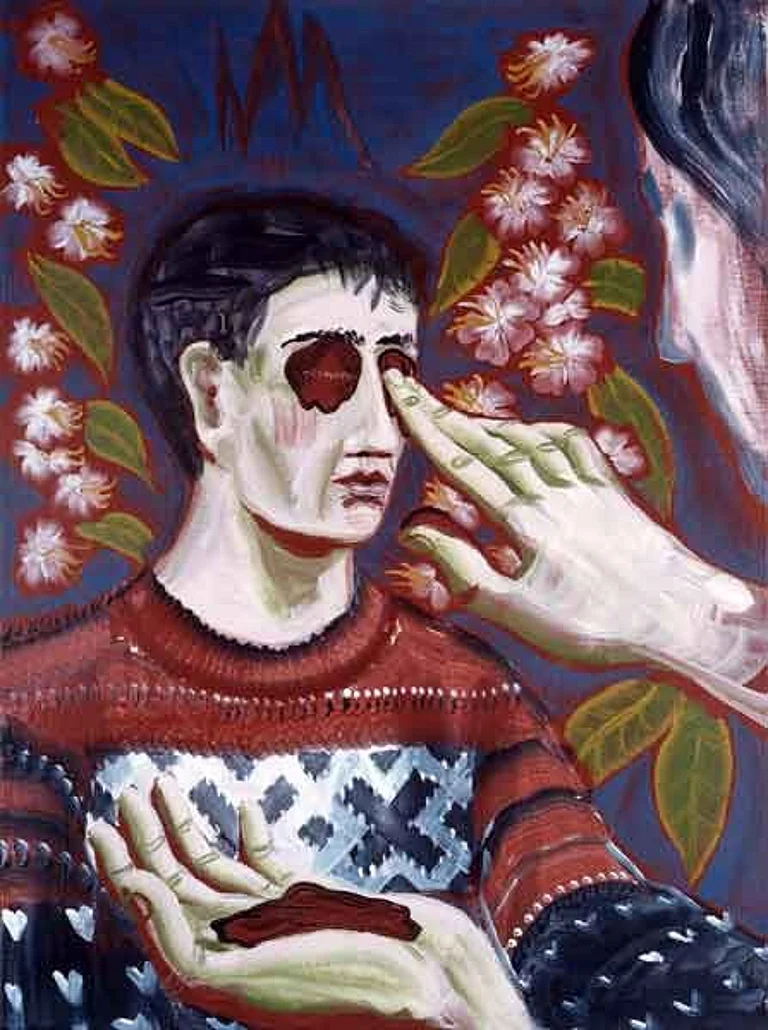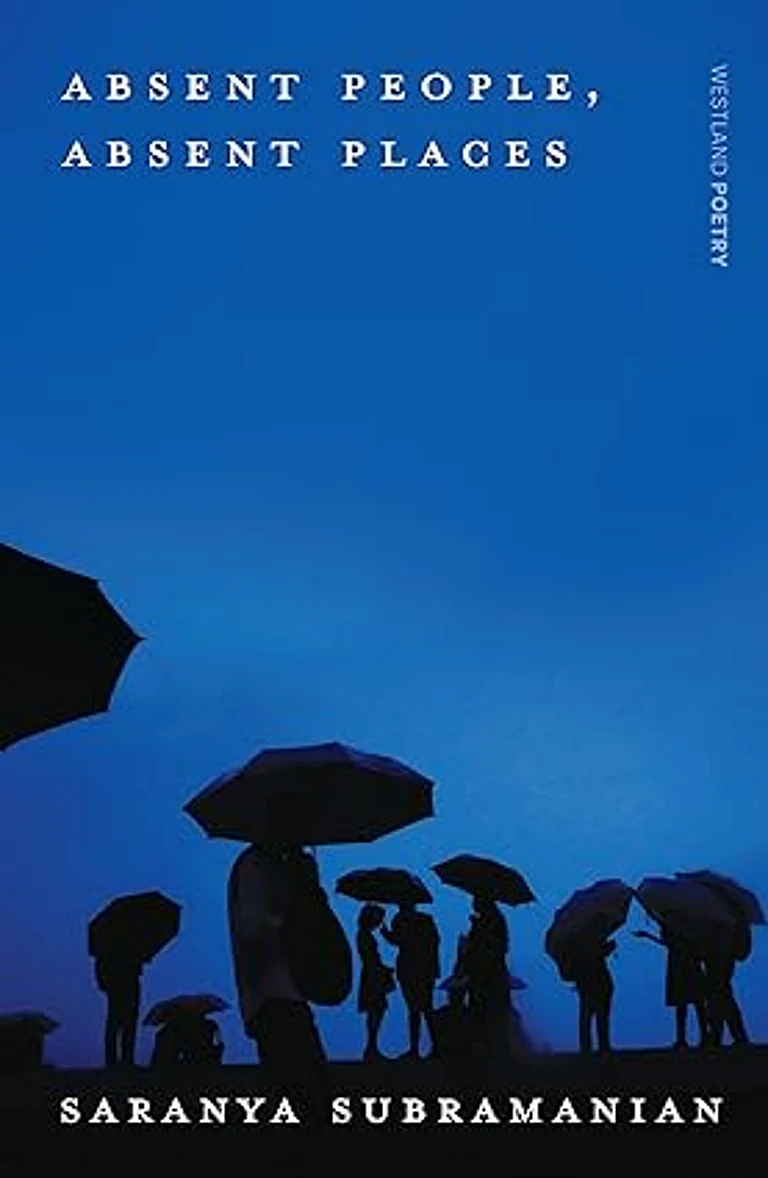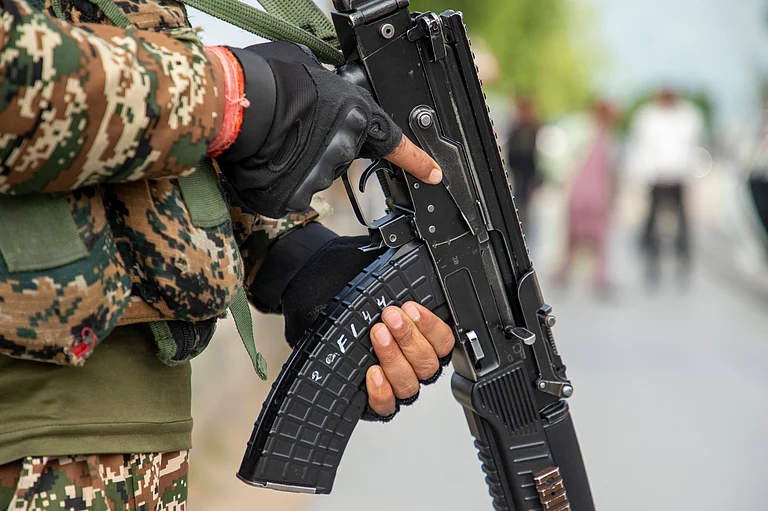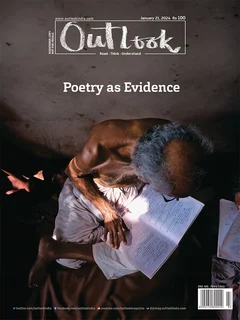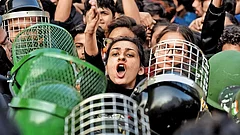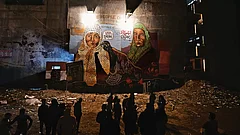Recipe For Peace
INGREDIENTS:
Life: Free Range, Whole
Tears: to Taste
*If life is not available, substitute with:
A lump of coal
2 minutes silence
5 lakhs in cash
METHOD:
In an iron AFSPA pot,
Issue statements of condemnation.
Declare a ‘high-level’ investigation will be undertaken.
Liberally season with tears
Open fire to prevent grief or outrage from escaping.
Drive around in uniform and armed to infuse
flavour of fear
Simmer slowly, stirring gently
Until memory is reduced to the consistency of
Forgetting.
Best served cold in a bed of crisp cash
T Keditsu, Nagaland
(T Keditsu is the pen name of Theyiesinuo Keditsu, an indigenous feminist, poet, academic and educator.)
After My Death
After my death I will live as a tree
Whose fallen leaves a poet will save
in the folds of a book
On whose branch a wayfaring bird
Will sing a void-dispelling love song.
And as a river I will hear all sorrows, cry to them
And save my tears in myself-
I will witness the coming togethers
I will witness the falling aparts.
I will be an abandoned house
Whose warden never returns,
Whose broken windows are battered
By cold winds from the sea.
After my death I will live as a boatman
And sail over the horizon
Or wear paper wings and fly to mountain peaks.
After my death I will live on
As a dead language
With no script
And no poets.
I will be a handful of grain
Which kills hunger forever
So that no one has to sell their kidneys anymore.
After my death I will be a land
Where humans are costlier than cattle
Where a word of protest doesn’t earn a bullet.
After my death I will live on
In those who know how to fight for a heritage,
In those who have homes but no country.
I will live on as the struggle of a tribe without a lineage.
—Translated from Assamese by Shalim M Hussain
Heena al-Haya, Assam
(Heena al-Haya is a multilingual poet. Her poems written in Assamese, Hindi and Miyah languages are about the love and social realities of the Miyah community and the country.)
Independence Day
Apparently tomorrow is Independence Day.
In my village I see independence every day.
Songs of independence play daily
In Phulbanu’s mother’s empty rice pot.
When Phulbanu’s mother enters the kitchen
Her children flock around and say,
‘Mother we are hungry.’
Independence rolls down
Phulbanu’s mother’s eyes.
She looks at her children’s faces
And takes out her old
Begging bag.
Inside the bag are songs of independence.
Phulbanu’s mother has a stomach ache
The doctor says there are stones inside,
That she needs an operation.
When Phulbanu’s mother returns empty-handed
From her begging rounds, she thinks,
‘Better stones in the stomach than an empty stomach’.
On the bodies of the stones are engraved
Songs of independence.
Phulbanu’s father has been at the detention camp
For three years.
He can’t sleep even in the darkness.
When night grows, Nelson Mandela walks in
And lulls him to sleep and says,
‘Through this path independence will come’.
Phulbanu’s mother’s eyes are full.
She rubs her eyes with her aanchal and says,
‘Child, independence is not ours
Independence is of the rich man
Independence is of the MLA and the minister.
For us it’s the walls of detention.’
‘Is this country not ours, mother?’
‘The country is ours but not the kings.
People say- when the king is blind
Darkness descends upon the country
And when a king is blinded by faith
The rumblings of a death-dance sound in the land.’
‘Mother, the country is ours, our rights are ours
And I will sing the songs of independence.
Come king, come minister
I will make the country better.’
A star dislodges from the sky and falls in Phulbanu’s eye
And from her mother’s eyes independence keeps flowing.
—Translated from Assamese by Shalim M Hussain
Begum Asma Khatun, Assam
(Begam Asma Khatun, 35, is a published novelist and one of the few women poets of her community. She found her poetic side while writing her first novel, a compilation of verses on the char-chapori culture. Her second novel, Bisal (The Boatman), delineates a centuries-old history of Assamese Muslims who migrated from pre-independent Bangladesh to today’s Assam and their plight in an anti-immigrant, anti-Muslim society.)







